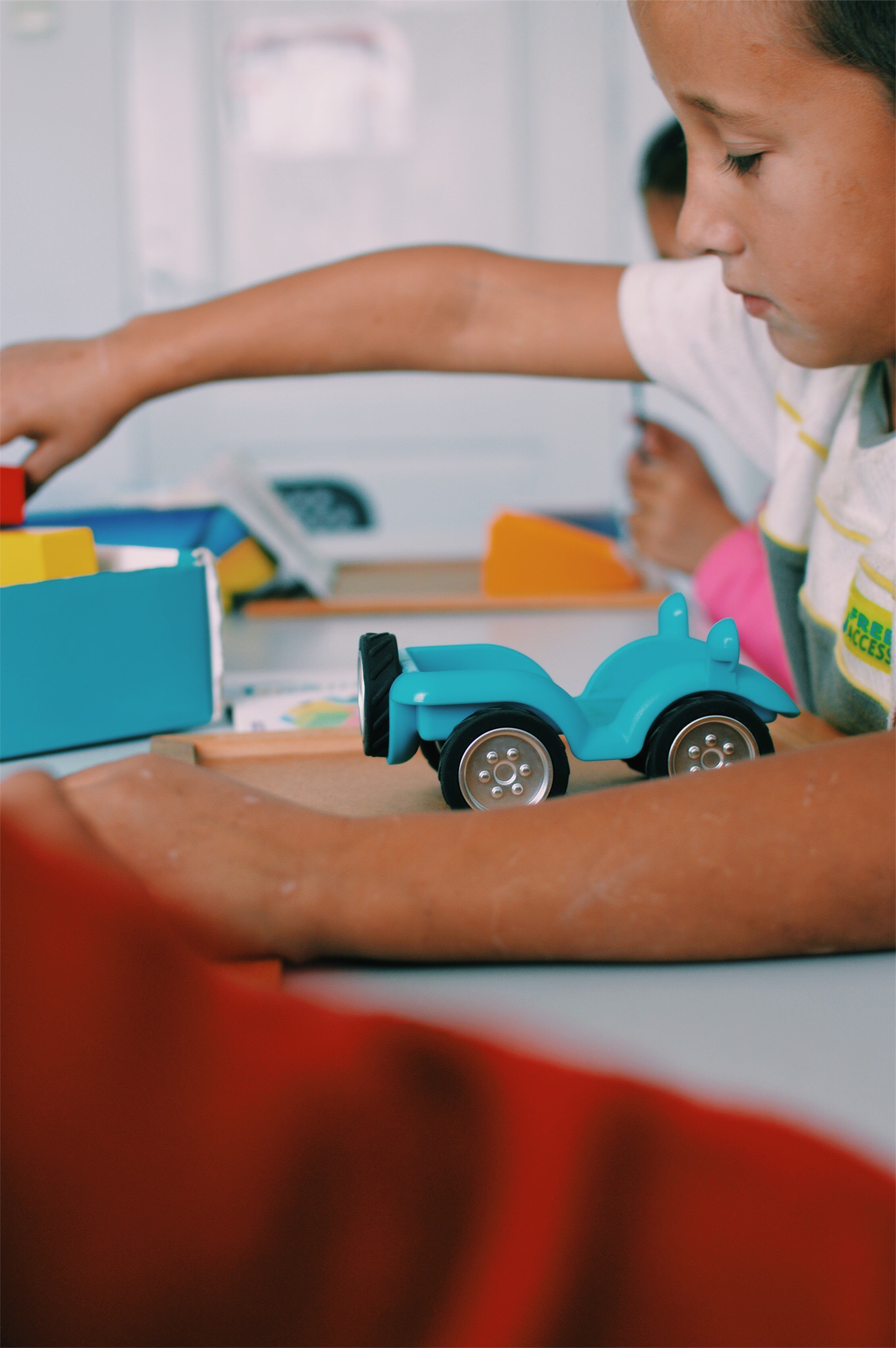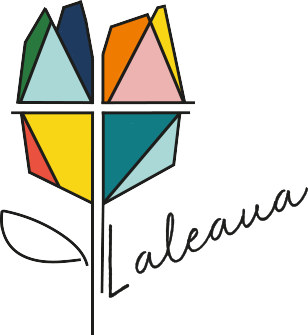After School
After School is a remedial teaching program in which the Roma children are educated at their personal levels.
Arithmetic and Romanian are the major subjects.






Aim
The aim of the After School program is educating children on their own levels and at their own speed. The children are taught basic skills such as Romanian and arithmetic, so they will be able to find their way in society. On top of this, we wish the school is a place where the children are seen, valued and loved. It is our heartfelt desire the children will get to know the God of the Bible, and experience His love and goodness through us.
There are about 35 to 40 children yearly. We notice these children actually develop their language -and mathematical skills, but also regarding self-confidence and their manners. Among teenagers we see a desire to get to know God.
History
After School developed from our preschool program. Children who go from preschool to the first year of elementary school immediately have to do homework. This is an essential part of the Romanian educational system, in which the parents have high expectations of the developments of their children. Before long it became clear that this is impossible for our children: the living conditions at home do not match with the necessity for the children to concentrate. Besides, many parents are illiterate themselves. For these reasons we started the After School program in 2004. Children could come to school to do their homework. Soon it became evident that the children could not properly cope with the speed and the abstract level of the ordinary educational system. Despite a lot of help, the children did not have the opportunity to do their homework. The gap between their level and that of their classmates proofed to be too large. The Roma children hardly developed.
For these reasons Laleaua Ministry looked for methods and means to teach the children at their own levels. At this point, our team consisted of a few professionals who had expertise in working with children who have backlogs in development and problems concentrating. Since there were hardly Romanian coursebooks which fitted these children, we started developing a teaching method ourselves. Now we have our own coursebooks with offer the children the chance to learn at their own levels in language skills and arithmetic.
Program
The children attend school four days a week: from Monday till Thursday (holidays not included). The younger children attend After School from 12 noon (when the school finishes). We start in the kitchen for social contacts and lunch. After lunch the children are taught language skills and arithmetic at their own level. Once a week there is a Bible class. After the lessons the children can play outside, if the weather conditions permit it. After the lessons there is also time to do homework. In the meantime – at 2 pm – the older children start their After School in the kitchen. They also have lunch first; they work in groups till 4 pm.
The After School program has a reward policy: children can score points by attending school. With these point they can earn presents, which are displayed in a glass case. The children find this very stimulating!
Once a week the older children play games and have fun.
There are various creative activities during the weeks in which Christmas or Easter are celebrated. At the end of a school year there is a graduation ceremony, followed by a school trip.
Working independently and solving problems
We often see Roma children are not very structured, therefore our coursebooks are well-organized. Certain patterns are recurring throughout the coursebook, so the children know what is expected of them without having to ask. These recurring patterns help the children to develop independence and self-confidence. However, we still see some children lack strategic insight for solving problems step by step.
This is the reason why each group has a ‘special lesson’ once a week. During these lessons we offer the children learning materials which enable them to develop skills concerning spatial awareness, insight into problem solving, logical thinking and strategies. We use puzzles to achieve these goals. We often see that 9 and 10 year olds still have great difficulty doing a jigsaw puzzle containing 9 to 12 pieces! We also use all sorts of ‘logical games’, which have an increasing degree of difficulty. We work with Lego™ and other construction materials in which the children have to follow drawn instructions step by step. We help them structuring their work and having patience to persevere!
Most children enjoy these activities very much, since it looks a lot like playing – which it is! – but in the meantime they learn skills which are important for other areas of learning, and, of course, in daily life.

